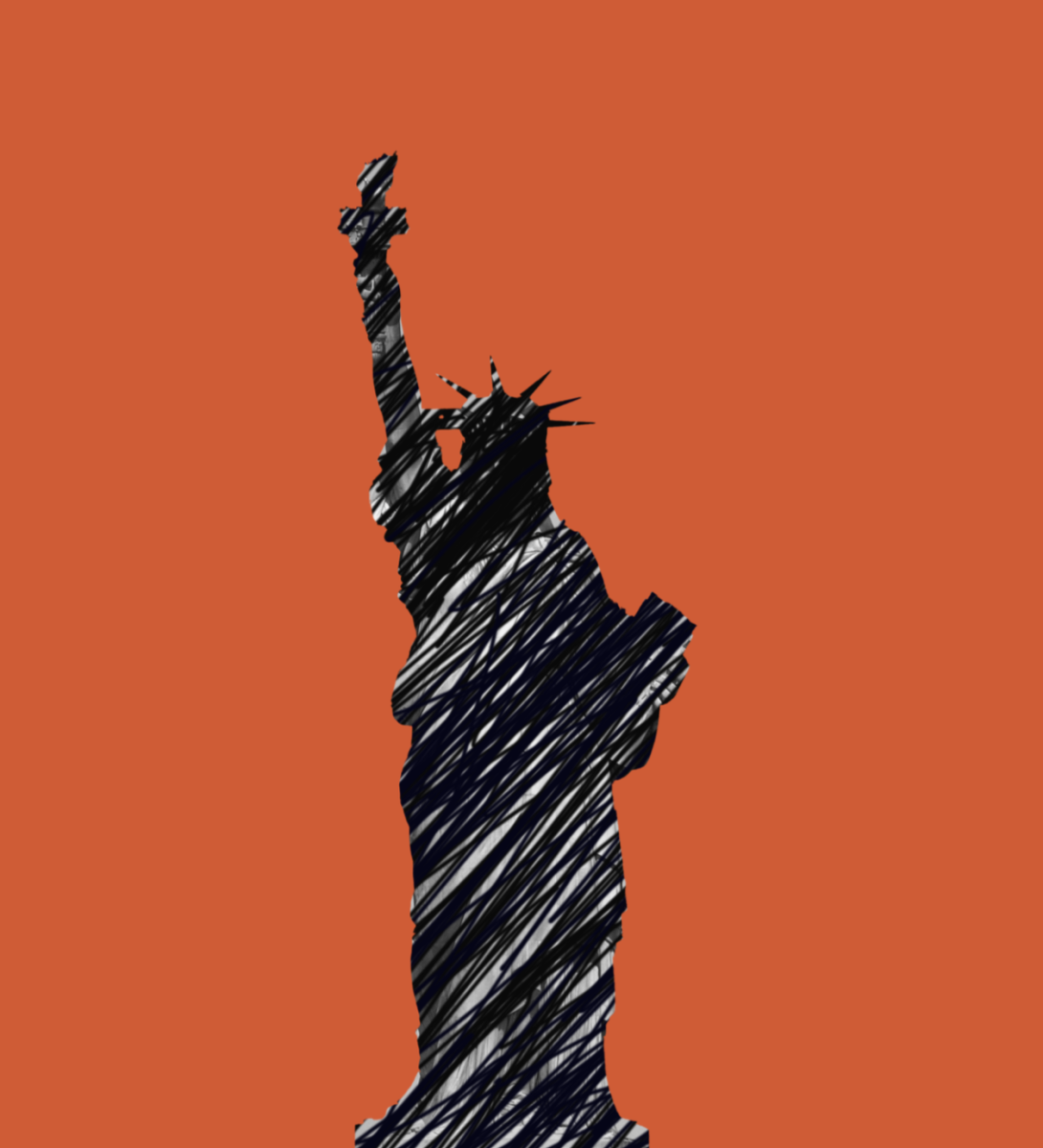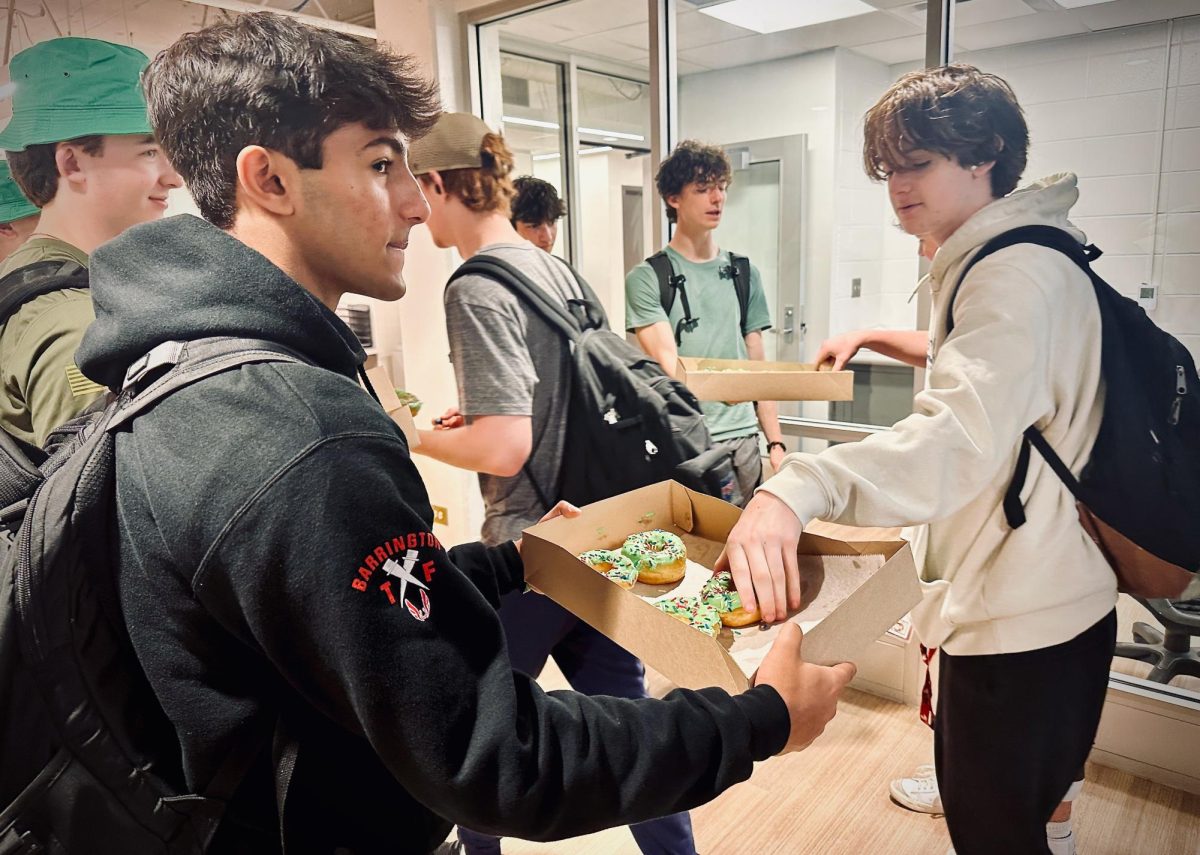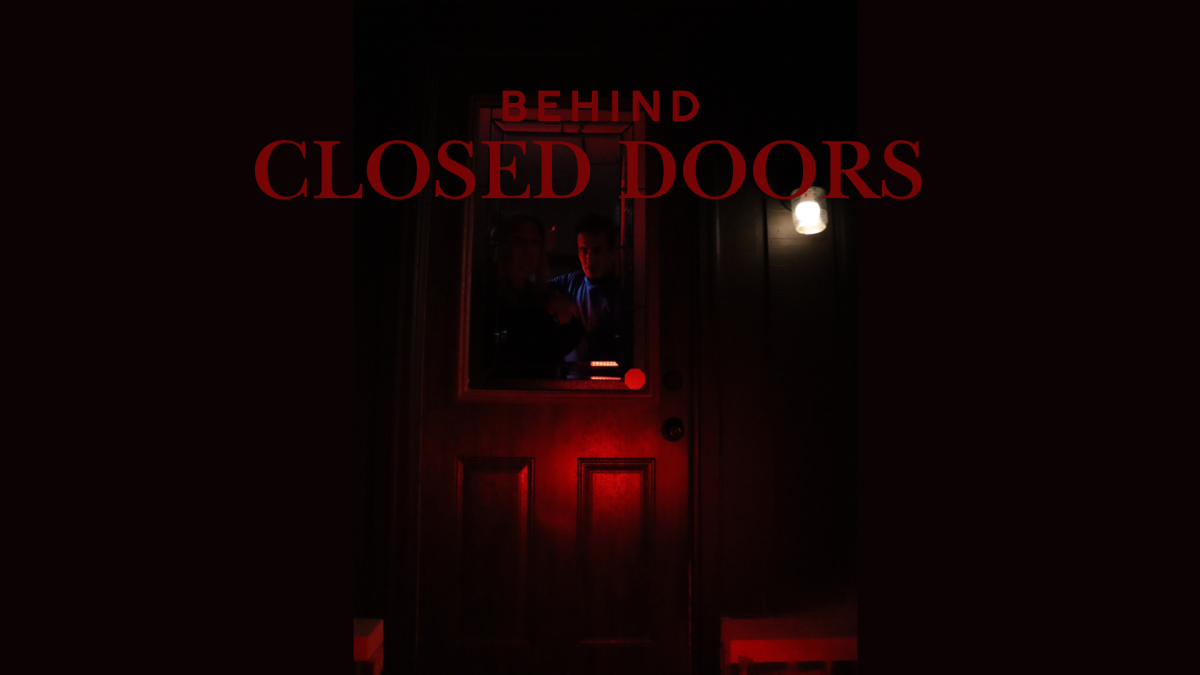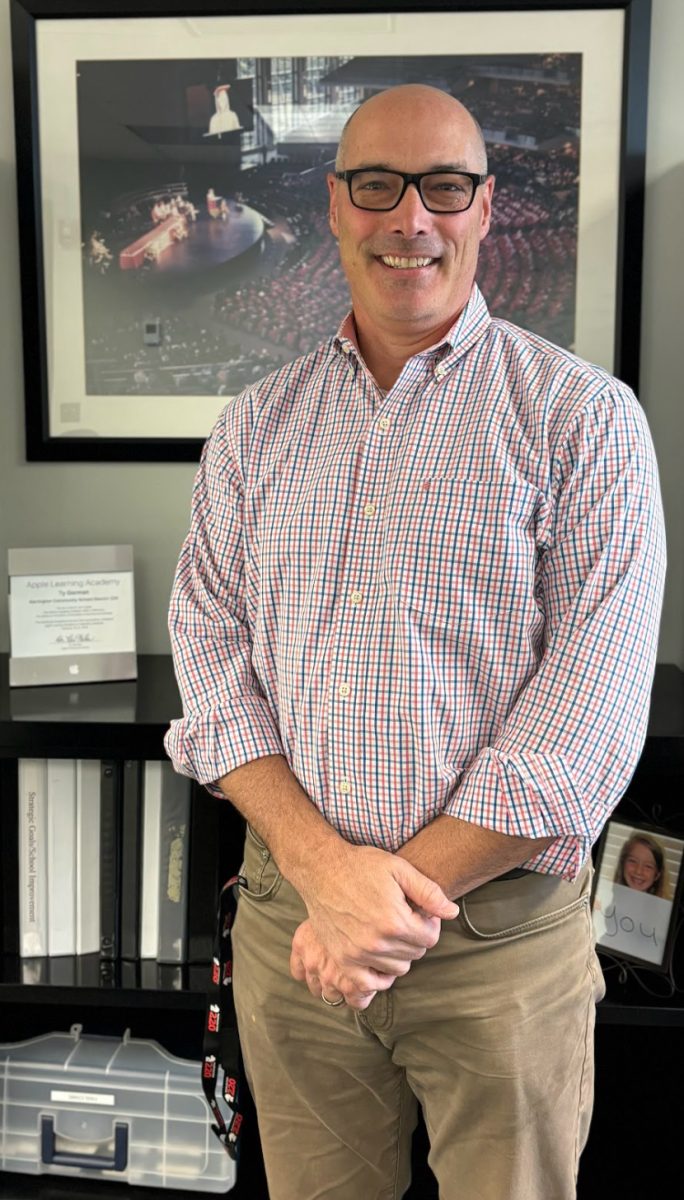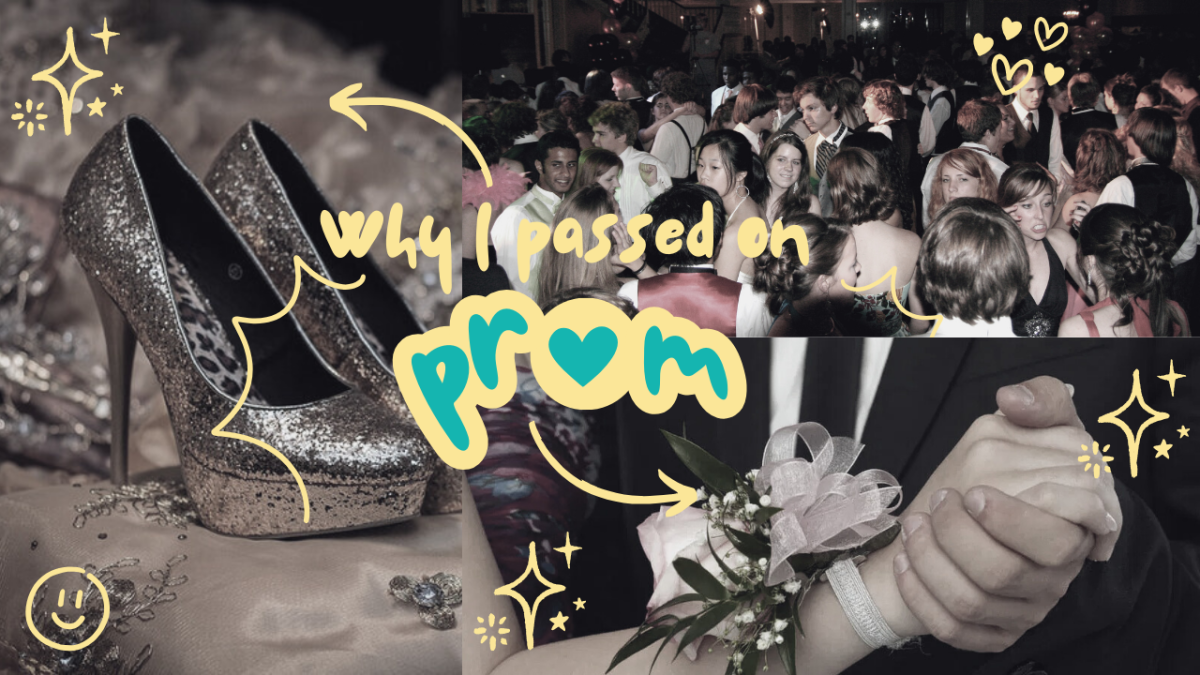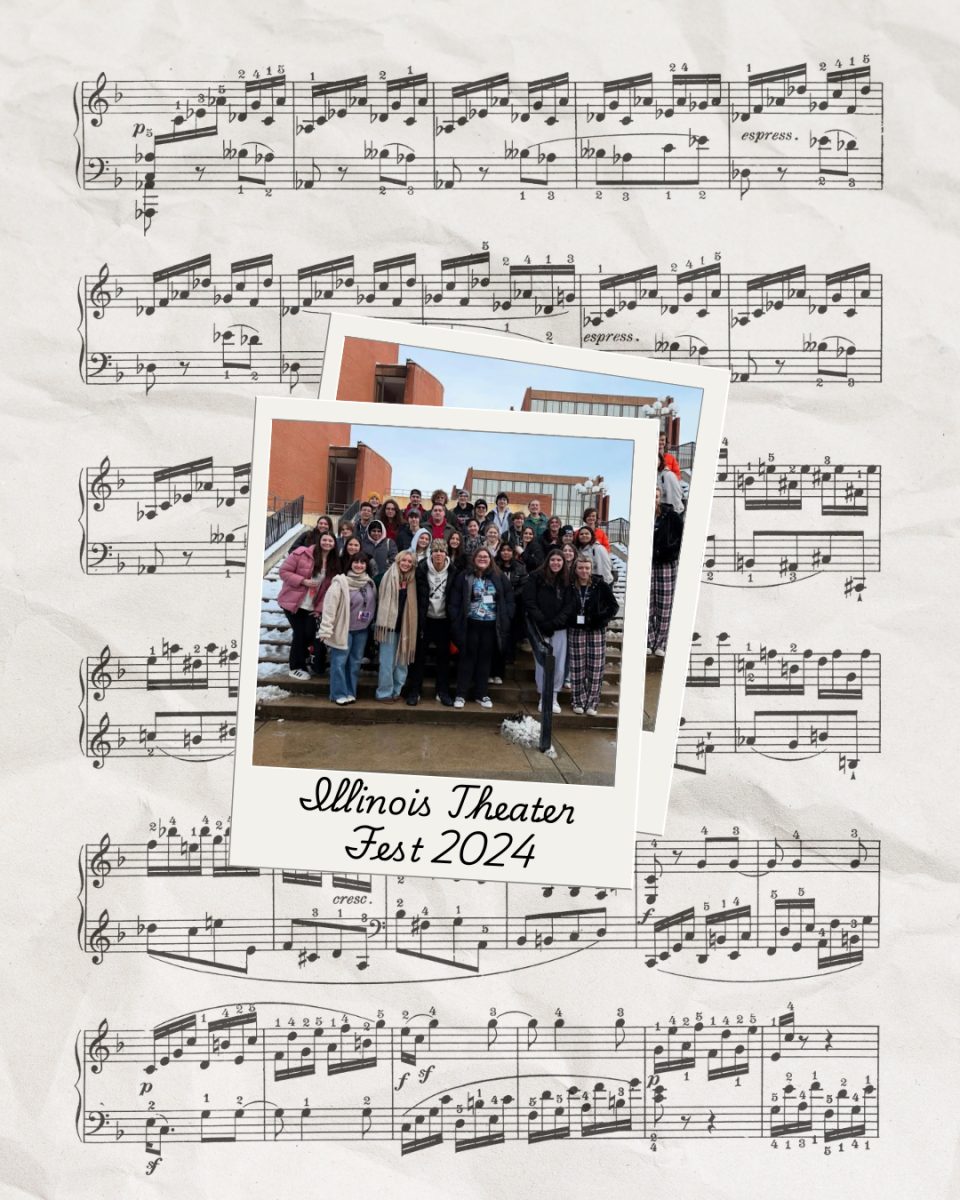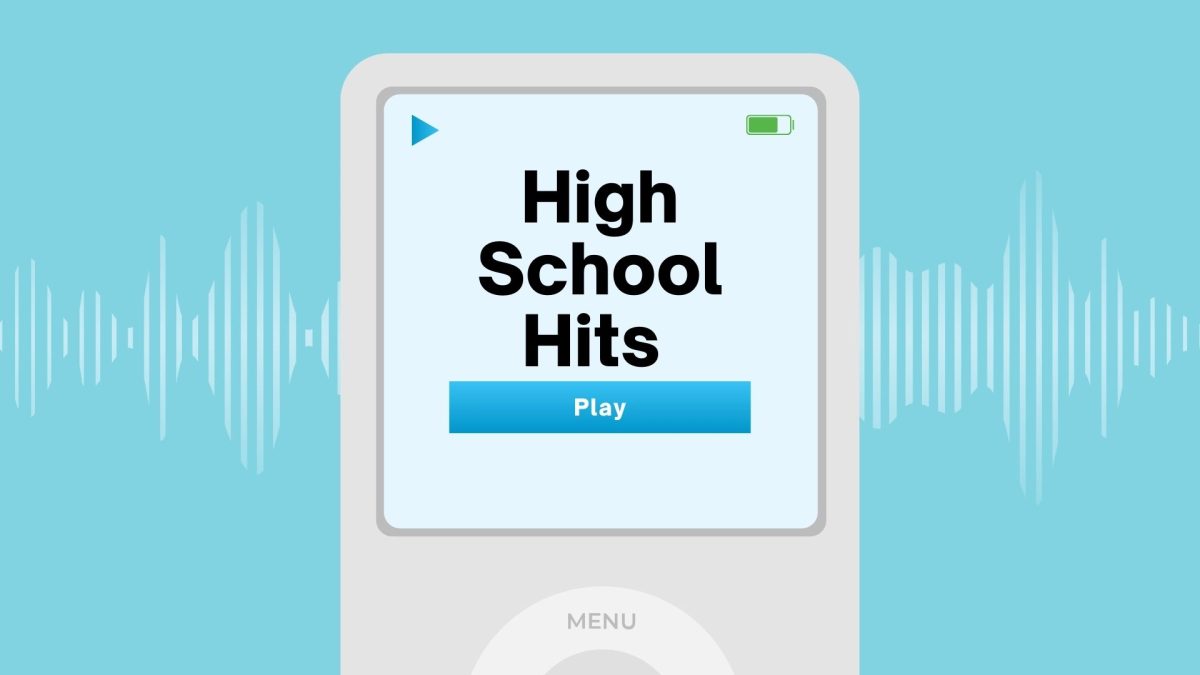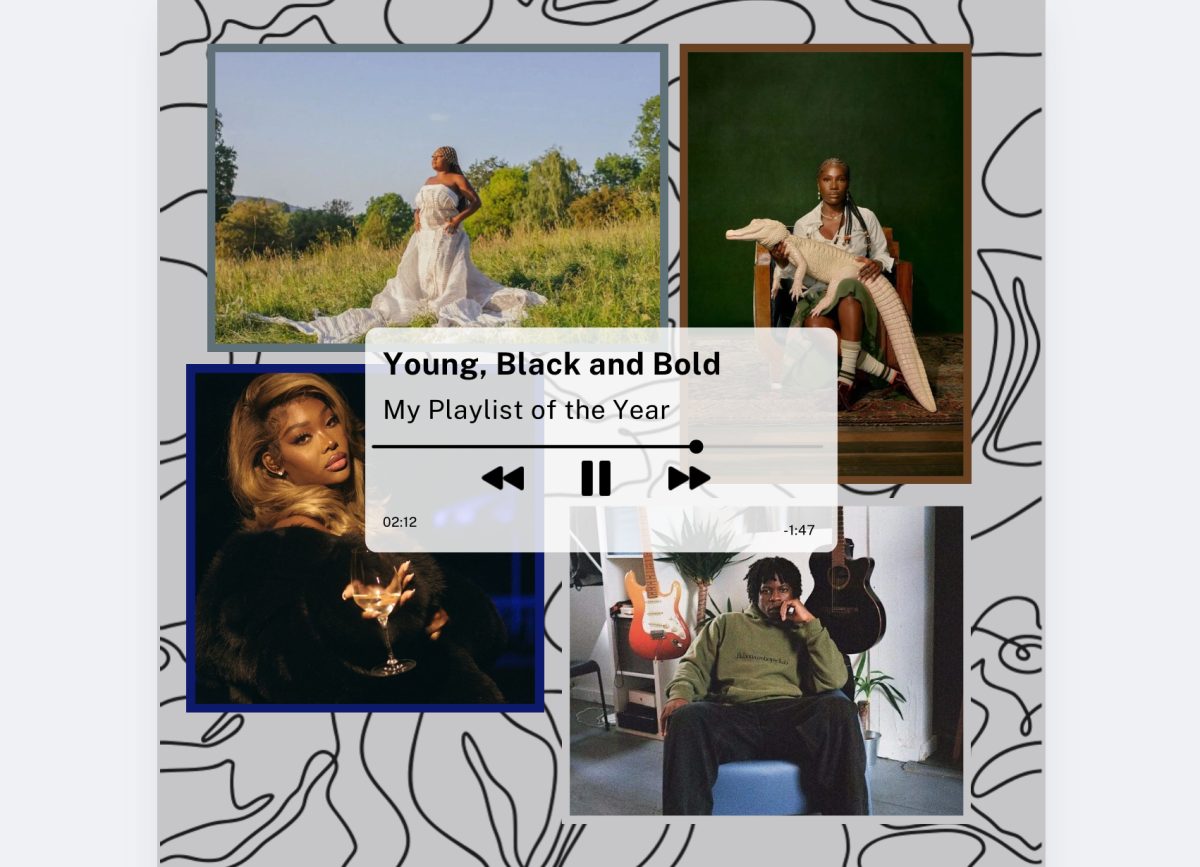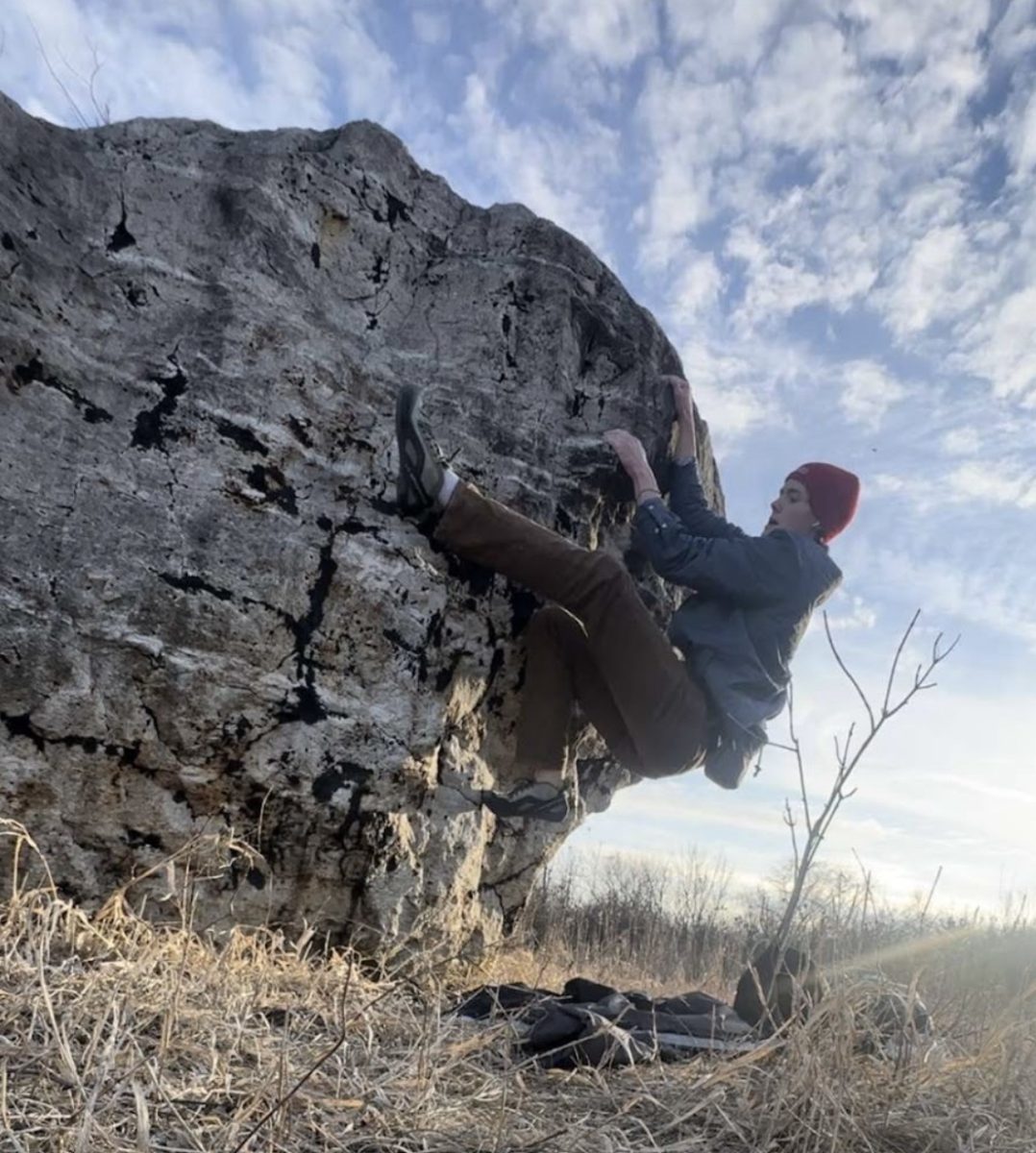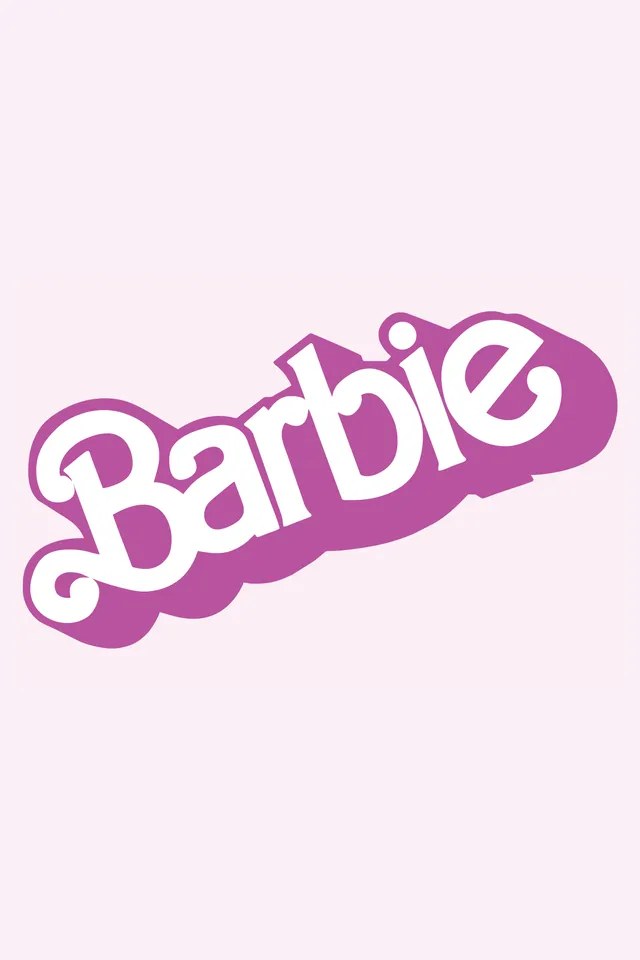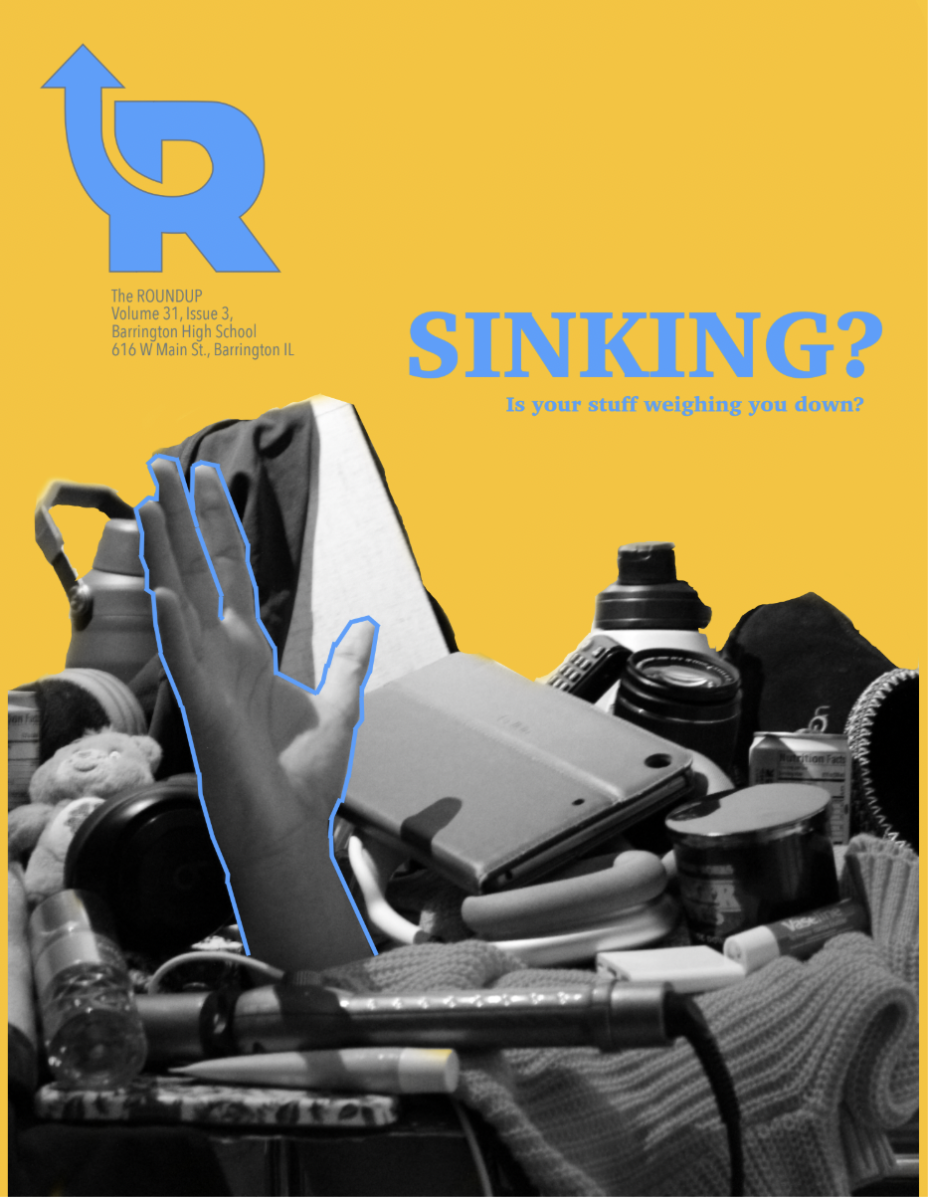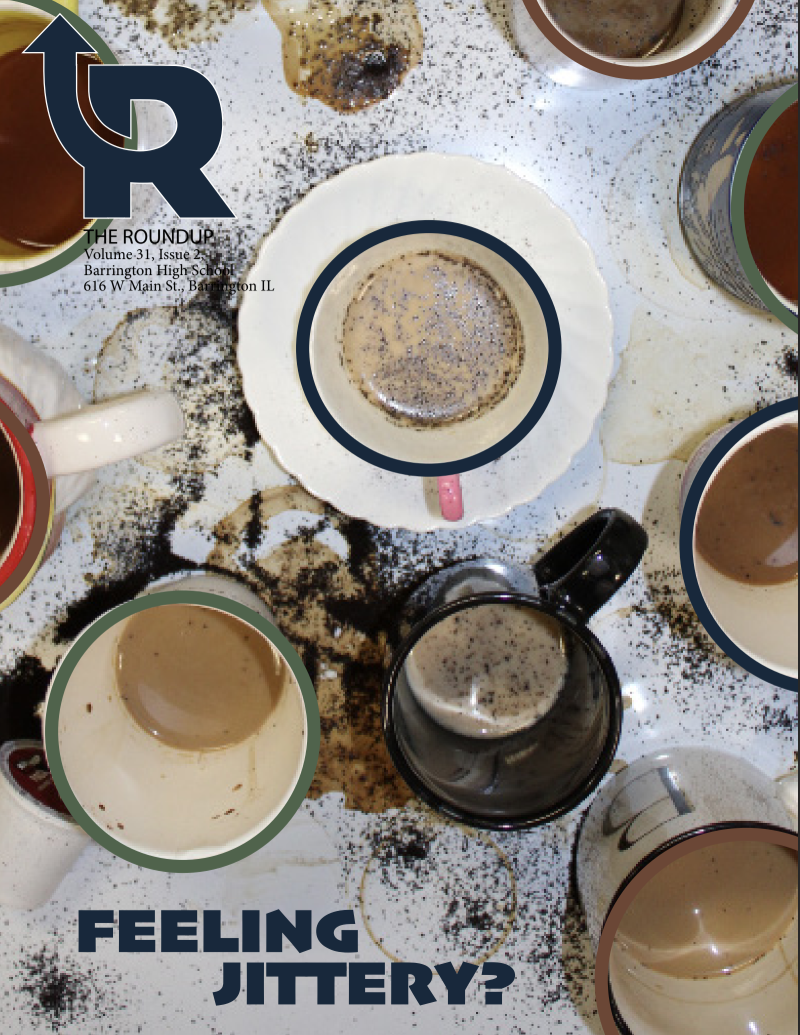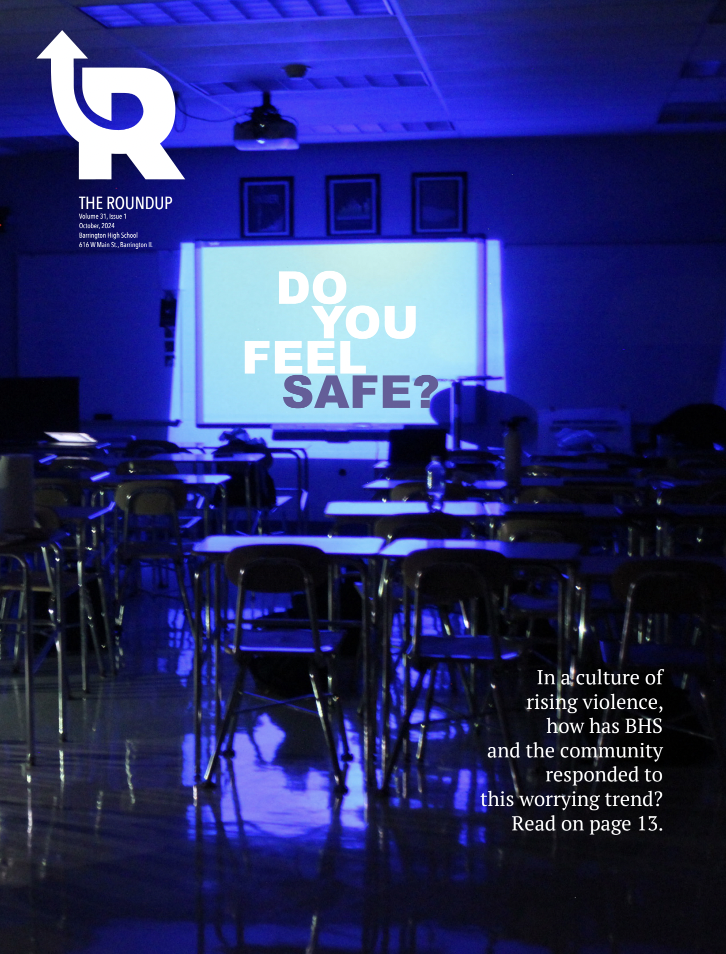Sleepiness and procrastination at its finest
The first Sunday of November: the day when everyone tediously sets their clocks back one hour, goes to bed, and wakes up the next morning with an hour to spare. For most, switching back to standard time is a time of celebration and joy, but for others it’s a time of darkness (literally).
Some people will say that DST (daylight savings time) is stupid, and throws off your whole schedule, which is only partly true. People believe this because they tend to focus only on the two days of “spring forward” and “fall back,” when your sleep schedule might be affected. However, we wouldn’t have the need for those two days if DST was year round.
DST was originally enacted in the US as an energy saver, but people ended up enjoying the extra hour of daylight after being in school or work all day. On the other hand, standard time pushes that hour to the morning, in turn, making it darker much earlier. For most, that extra hour in the morning is spent getting ready indoors, while in the afternoon students are looking for a break after school.
We spend more time awake in the evening than in the morning, so standard time daylight wouldn’t be put to as much use as in DST. Not only does a longer period of sunlight in the evening give people the opportunity to get outside, but it can also improve safety. The added light during DST would make it safer for students to walk home after school, rather than during the darkness of standard time.
Studies have proven that DST contributes to safer roads, declining the rate of pedestrian fatalities by about 13%, as well as a decline in robberies or other crimes.
According to economists, Jennifer Doleac and Nicholas Sanders, the crime rates drop by seven percent overall, and significantly drop by twenty seven percent in the evening during DSL. She stated, “Most street crime occurs in the evening around common commuting hours of five to eight PM, and more ambient light during typical high-crime hours makes it easier for victims and passers-by to see potential threats and later identify wrongdoers.”
For students, school gets out at 3:22 PM, and according to the Washington Post, the sun sets just an hour later. This means that during standard time, while we get to enjoy some extra sunlight in the mornings, the sun will almost begin leaving the sky before we leave school. Students who don’t have activities after school might be able to see some daylight outside while doing homework, or actually have a break outside. However, students staying later may not have that opportunity.
I, and many other students spend their entire day at school, about six hours, stay after school, and finally go outside to find it pitch black. When I finally get home from school, I have to finish my homework. I find it much harder to concentrate when it’s darker because the urge to just curl up on the couch and go to sleep is much greater than the one to do my schoolwork. Arriving home in the darkness will only stir up two things: sleepiness and procrastination to the fullest.
In addition to standard time causing sleepiness at a time when students need to get their work done, it’s also is proven to cause depression. According to CNN, “Depression cases at psychiatric hospitals in Denmark increased immediately after the transition from daylight saving time, the study says.”
Sunlight makes people happy, and darkness makes people depressed, especially if they’ve spent the entire day inside and need some natural light. The condition SAD (Seasonal Affective Disorder), which is basically the feeling of sadness or fatigue that most people experience during the winter, along with other depressions and seasonal disorders, could be closely related to the shift from DST to standard time. A cause of this condition is a lack of exposure to natural light, which is exactly what standard time does.
If DST was year round, many people would be able to take in that extra hour of sunlight and enjoy it, rather than sit on the couch in darkness at 4:00 PM.
Your donation will support the student journalists at Barrington High School! Your contribution will allow us to produce our publication and cover our annual website hosting costs.

